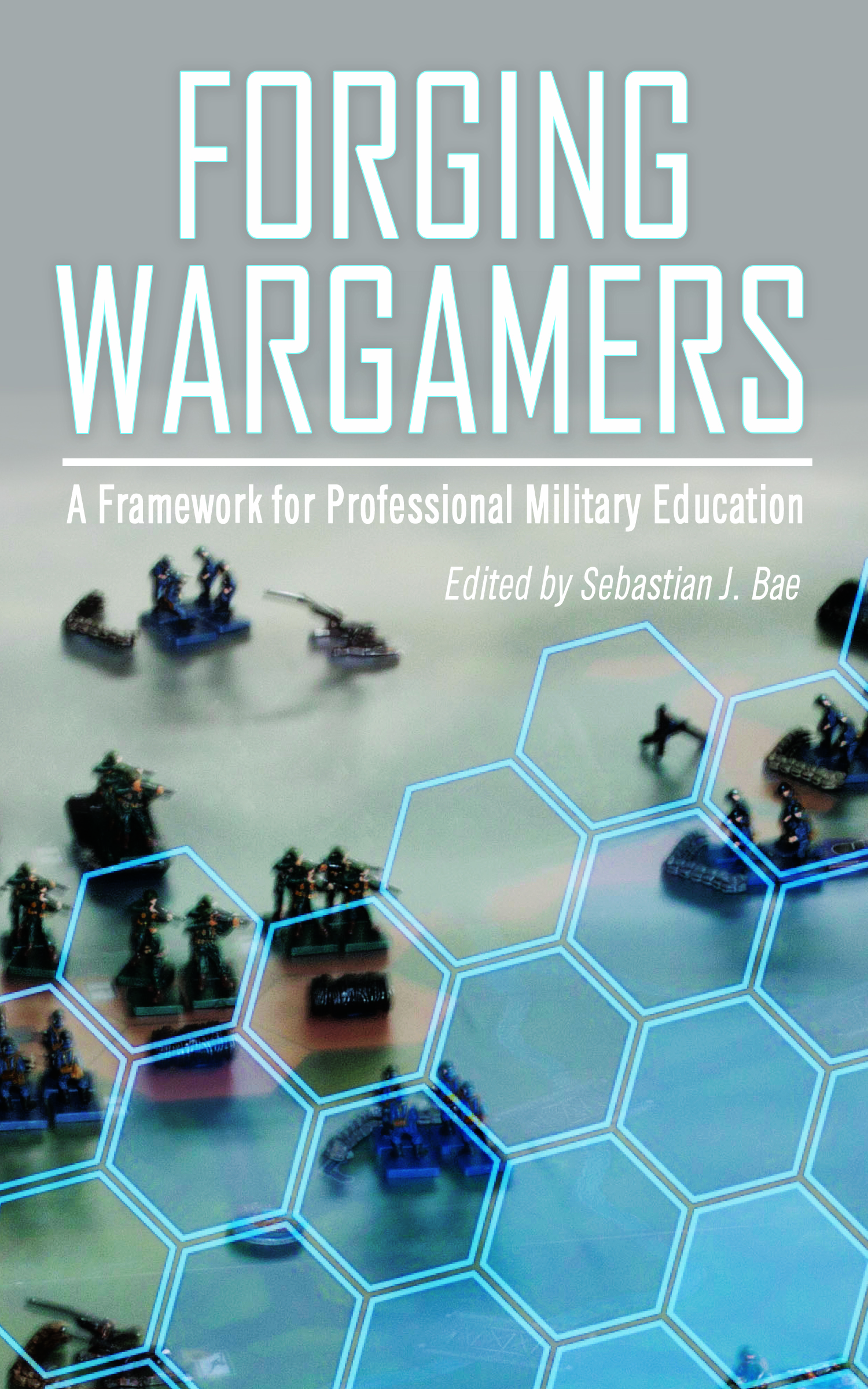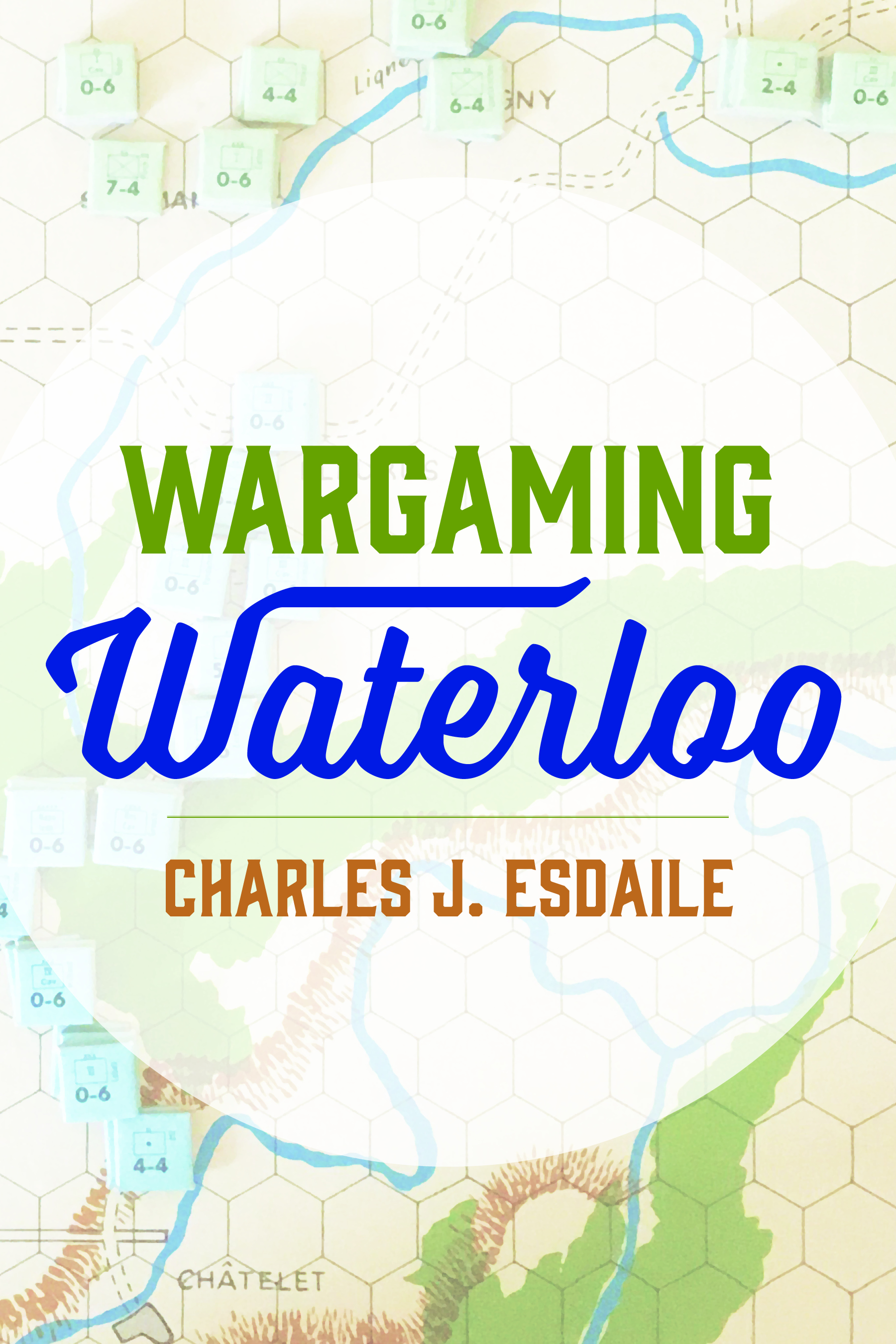Due to the age of publications, certain works listed are no longer in print. Print-on-demand services are available for some titles upon request.
 Forging Wargamers
Forging Wargamers
A Framework for Professional Military Education
Edited by Sebastian J. Bae
How do we establish or improve wargaming education, including sponsors, participants, and future designers? The question stems from the uncomfortable truth that the wargaming discipline has no foundational pipeline and no established pathway from novice to master. Consequently, the wargaming community stands at a dangerous precipice at the convergence of a stagnant labor force and a patchwork system of passing institutional wargaming knowledge. Unsurprisingly, this can lead to ill-informed sponsors, poorly scoped wargames, an unreliable standard of wargaming expertise, and worst of all, risks the decline of wargaming as an educational and analytical tool. This fundamental challenge is a recurring theme throughout Forging Wargamers and each author offers their own perspective and series of recommendations.
 Wargaming Waterloo
Wargaming Waterloo
by Charles J. Esdaile
Wargaming—the simulation of complex war situations—is becoming increasingly more relevant to political and military discourse as U.S. armed forces lean more heavily on it as a training tool to hone warfighters’ decision-making skills and to shape defense plans and policies. And while wargaming can be useful for informing predictions of future military conflicts, it is also an excellent tool for understanding past conflicts. Wargaming Waterloo explores three key aspects of wargaming as a practice by focusing on the iconic battle that led to Napoléon Bonaparte’s defeat in 1815. A longtime subject of both fascination and controversy, the Battle of Waterloo presents particular problems as a board, map, or tabletop wargame and also poses a serious research question: just how good a chance did Napoléon have at victory when he confronted the duke of Wellington at Mont Saint-Jean and how would the strategic situation have to be different to enable Napoléon to prevail?